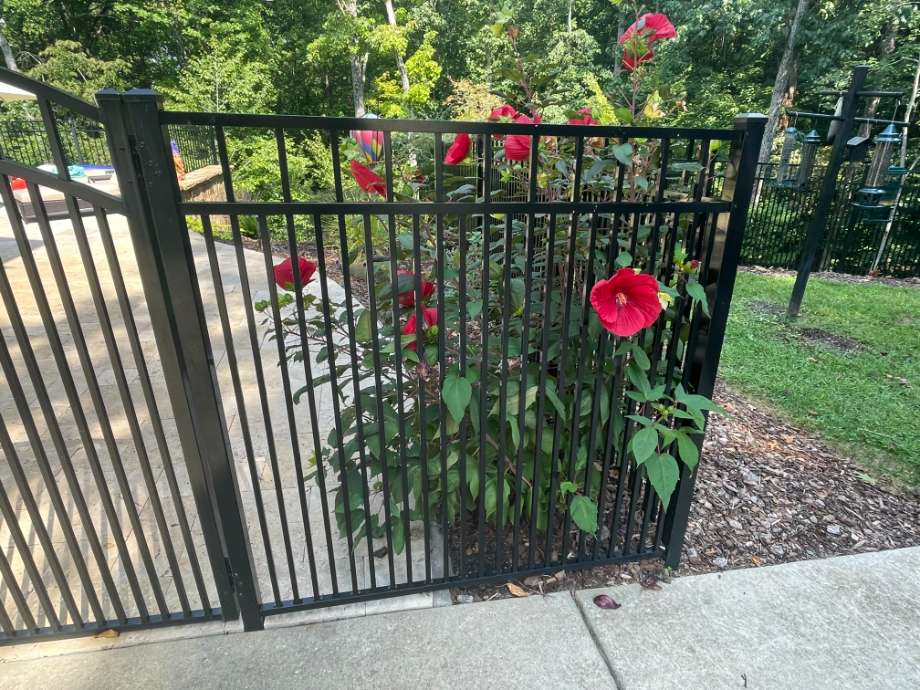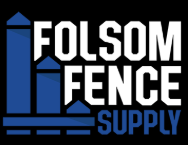
We’re so thrilled you’re building a fence this summer. That’s fantastic and we’re happy to help you in the process. Some of the biggest choices you may have here in North Carolina with the climate changing so frequently are choosing a fence that will withstand storms and other dramatic climate changes. This blog offers some guidance on which fences withstand harsh weather the best.
If Choosing Wood, Go With Hardwood
Experts say that hard, treated wood is the most durable type of wood for building fences.
Why Cedar Is One Of The Best
Cedar is slightly pricey but a great option for high temperatures. Because it’s a strong wood, Cedar withstands high winds, termites and other insects. Cedar also contains naturally occurring acids and oils and because it’s a short grain wood, it doesn't’t shrink like other woods do.
Synthetic Fences
Synthetic fences are a great option for hot summers. Many synthetic material fences today can be treated to look like wood, so the aesthetic is almost the same as a wooden fence, but cheaper. Synthetic fences are also treated for UV rays and without it would not last more than a few years.
Why Vinyl Is One Of The Best
Vinyl is one of the best synthetic materials for fencing and this will last longer than many woods, but it can be more expensive. Also note that depending on the manufacturer vinyl fences may not do too well in extreme cold weather. It can become brittle and therefore easily break. Check with the manufacturer however, because each product is different.
Contact Us anytime to discuss which fences are best for you and your property.

